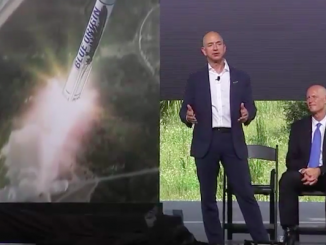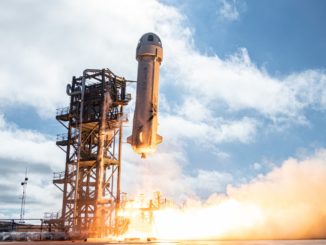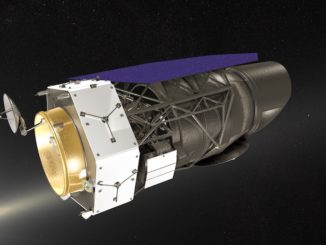Update (9:25 a.m. EST / 1425 UTC, Dec. 19): Blue Origin is targeting its next available launch attempt, which is Dec. 19 at 10:37 AM CST / 16:37 UTC.
After more than a year of being sidelined, Blue Origin is preparing for a resurgence of its New Shepard rocket suborbital flights.
In a social media post, the company stated that the launch window for its uncrewed return-to-flight mission dubbed NS-24 opens on Monday, Dec. 18.
Blue Origin said this mission will feature 33 science and research payloads in addition to 38,000 postcards that are part of the company’s youth outreach program, Club for the Future.
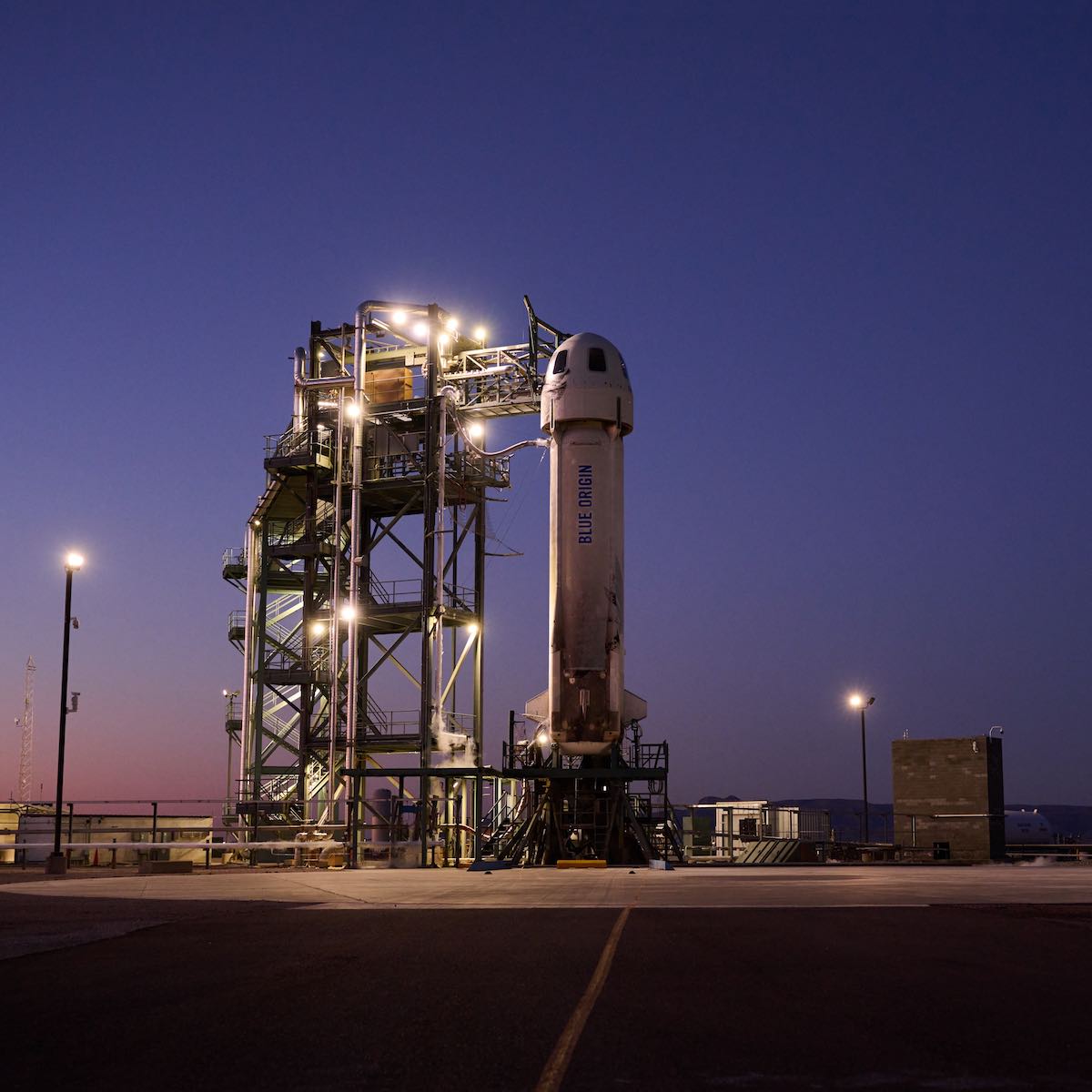
The company didn’t publish the manifest of individual payloads when it made the announcement, but they could include some of the 36 payloads that previously were onboard the NS-23 mission.
In a March 2023 statement, Blue Origin said that “the Crew Capsule and all payloads onboard landed safely and will be flown again.” It went on to state that its return to flight would be “a re-flight of the NS-23 payloads.”
In a statement to Spaceflight Now on Tuesday, a Blue Origin spokesperson said that “the majority of the NS-24 payloads are re-flights, along with a few new ones.” A list of payloads flying is expected to be published after the launch.
Blue Origin’s rocket suffered a mishap back on Sept. 12, 2022, when the engine nozzle experienced a structural failure. The Federal Aviation Administration (FAA), following the closure of its mishap investigation said in a statement on Sept. 27, 2023, that the failure was caused by “higher than expected engine operating temperatures.”
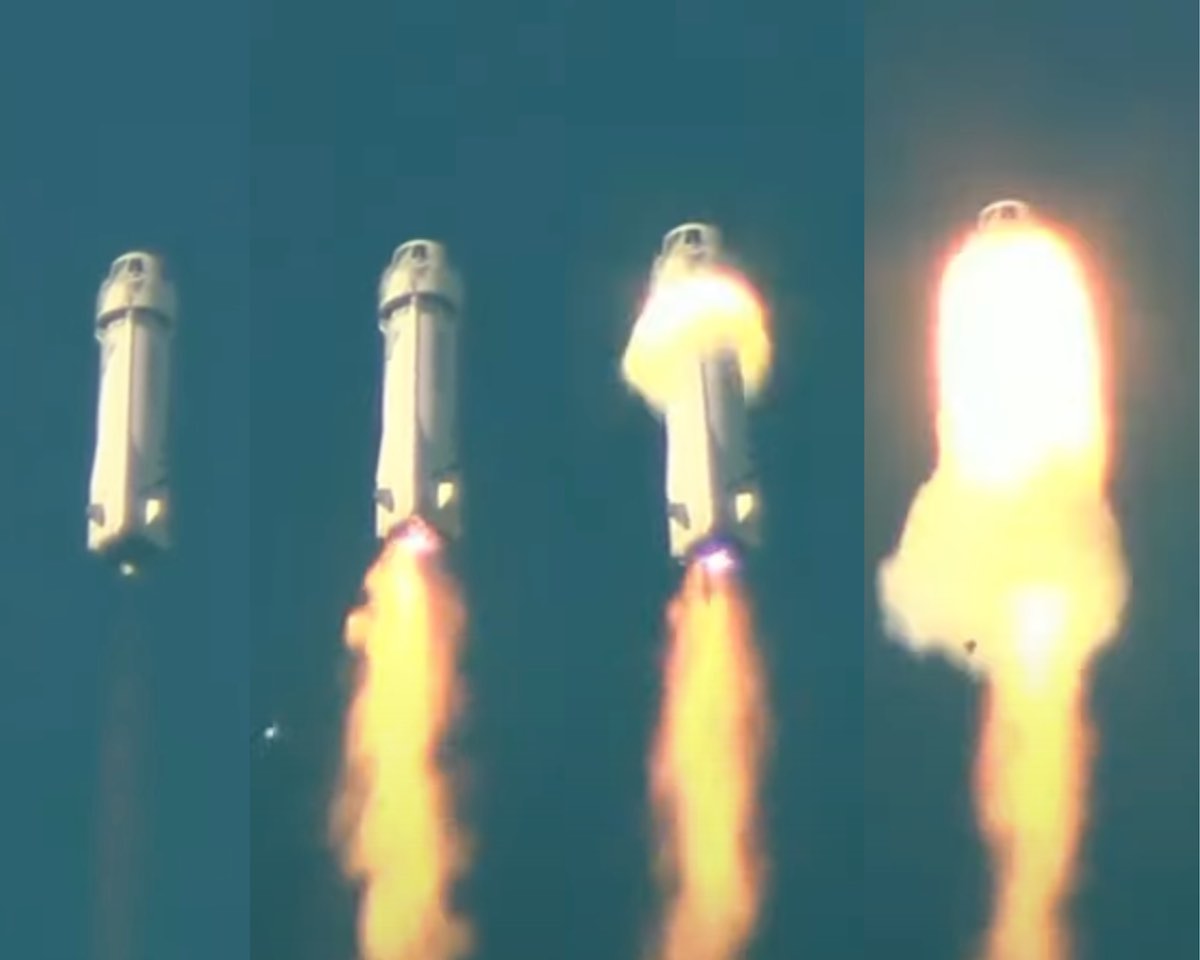
“The FAA required Blue Origin implement 21 corrective actions to prevent mishap reoccurrence, including redesign of engine and nozzle components to improve structural performance during operation as well as organizational changes,” the FAA said.
“During the mishap the onboard launch vehicle systems detected the anomaly, triggered an abort and separation of the capsule from the propulsion module as intended and shut down the engine,” the agency added. “The capsule landed safely and the propulsion module was destroyed upon impact with the ground. All debris landed within the designated hazard area. Public safety was maintained at all times with no injuries or public property damage.”
The company hasn’t stated when it expects to start flying missions with crew again. The last human suborbital flight was NS-22, the sixth crewed flight, on Aug. 4, 2022.

